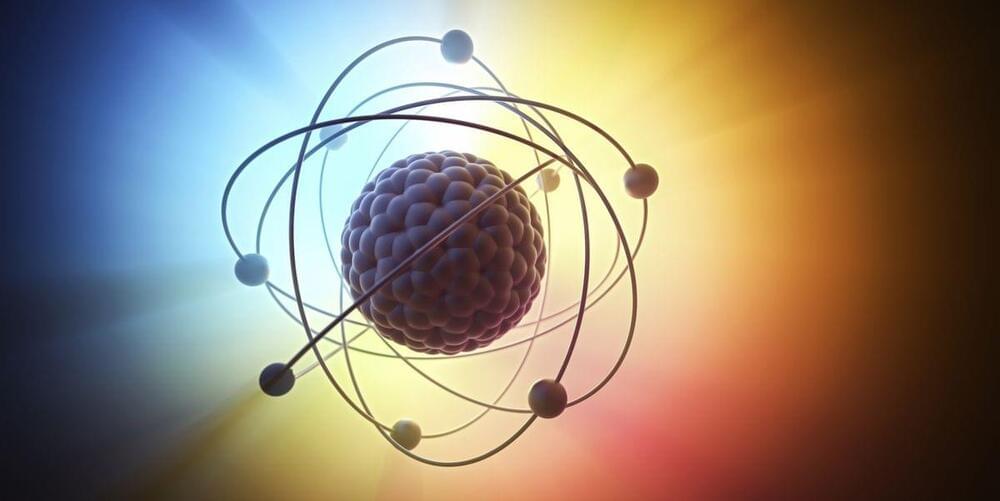The chip-scale device could provide sensitive detection of lead levels in drinking water, whose toxicity affects 240 million people worldwide.



AMD has announced mass production of its Alveo V80 compute accelerator, the firm’s newest HPC product targeted at memory-intensive workloads.
AMD’s Alveo V80 Targets Memory-Intensive HPC Workloads Through Heterogeneous Integration Courtesy of Versal HBM
The Alveo V80 was a silent announcement by AMD, but it does indeed pack a punch. This card targets catering to mid-tier workloads that are heavily dependent on memory utilization and expects to witness massive adoption in the fields of HPC, Networking, and Storage Applications. The FPGA-based accelerator looks to make strides in the industry through its competitive performance and the price tag it comes with, which we’ll discuss later.


Intel’s next-generation Falcon Shores GPU is going to be a power-hungry beast as revealed to Computerbase during ISC 24.
Intel Falcon Shores GPUs Are Arriving In 2025 & Will Feature The Most Power-Hungry Design In The AI Accelerator Race
During ISC 24, Intel and its partners happened to have teased the power consumption figures for the upcoming Falcon Shores GPUs which will be the follow-up to Gaudi 3. While the Gaudi line of accelerators has been dedicated to the AI segment, Intel seems to have taken a step back with its standard HPC & AI GPU offerings. Recently, we reported how Intel has ended the deployment of its first true HPC GPU, Ponte Vecchio.
The transcript features an interview with renowned science fiction author Isaac Asimov, discussing his predictions and visions for the future of space exploration, computers, robotics, and humanity’s role in shaping that future. It touches on concepts like permanent space settlements, harnessing solar power, the increasing importance of computers and AI, the impacts of robotics on jobs, and taking an optimistic yet cautionary view of technological progress. It also covers some earlier inaccurate and exaggerated predictions about robots replacing humans, as well as actual technological developments in 1982 like artificial hearts and fusion reactors. The overall theme is Asimov’s hopeful but measured outlook on future scientific and technological advancements.

New Year’s Eve is often a night filled with celebratory shots and champagne toasts. But as the party night fast approaches, one doctor is gently reminding folks the importance of partying responsibly during the holidays. Really, it’s a piece of advice that’s important all year long.
Dr. Brian Hoeflinger, an Ohio based neurosurgeon with over two decades of experience, has a TikTok channel filled with educational videos and lifestyle tips. But it’s his latest clip explaining just how long it takes our bodies to break down alcohol that has gone viral.
In the video, which was shared on Christmas Day, Dr. Hoeflinger sets the scene of a party where “a lot of drinks are going down” by setting up a bunch of shot glasses filled with water.



